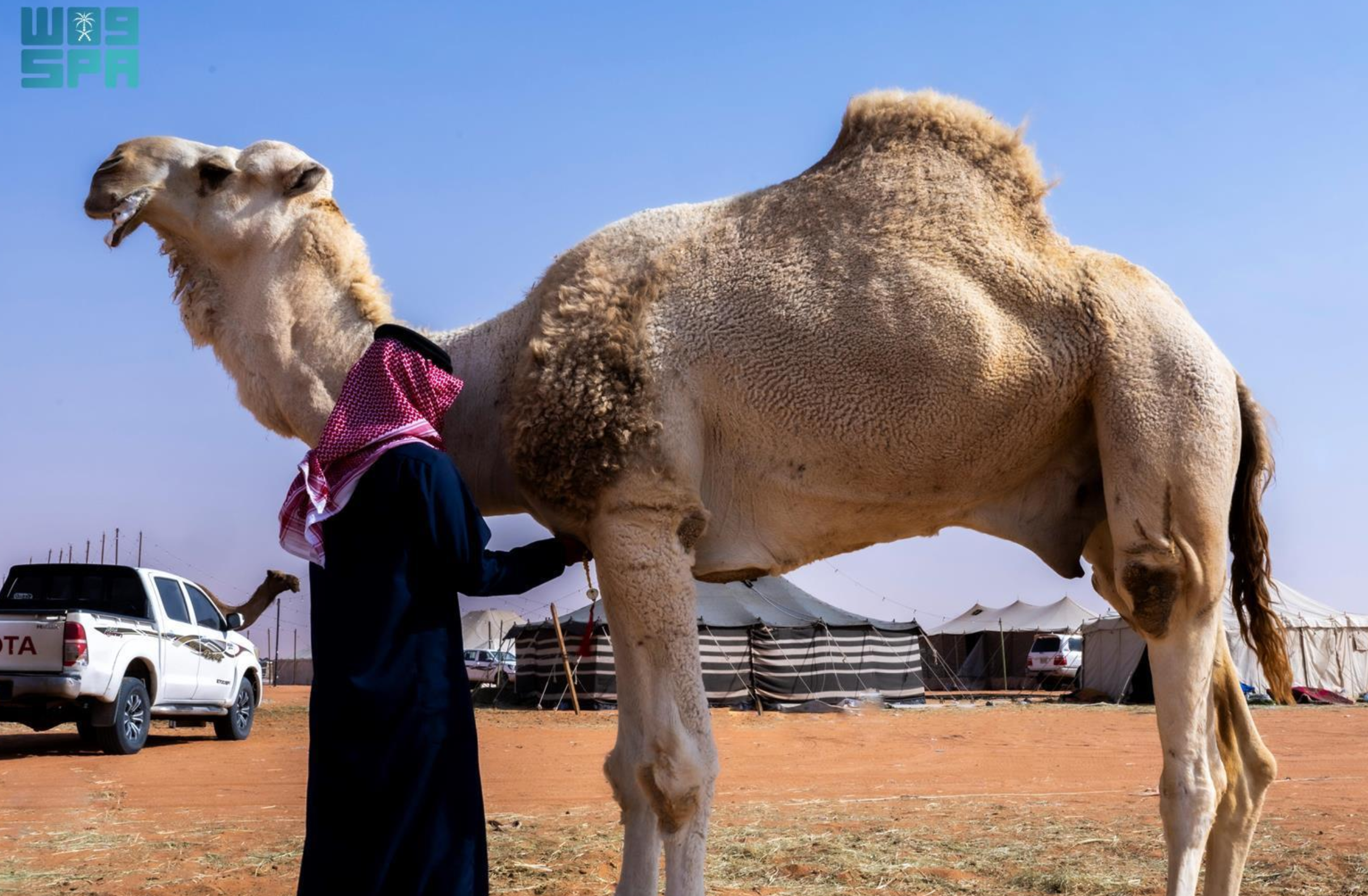
Camels at the Bases of Human Civilization in the Arabian Peninsula
Camels have played an important role in human history, far beyond being mere means of transportation in harsh desert environments. They have been a source of sustenance, ensuring survival, a symbol of resilience, and silent witnesses to the evolution of human civilization in the Arabian Peninsula.
Scientific evidence suggests that camels have inhabited the Arabian Peninsula for over 120,000 years, as evidenced by skeletal remains discovered in the northwest of the Kingdom. Rock art throughout the country highlights the importance of camels, which had an impact on the historical and intellectual development of Arab society.
More than just a means of transportation or a source of food, camels have contributed to shaping lifestyles and culture in desert regions. Their unique physiological adaptations, such as the ability to travel 150 kilometers in 10 hours and endure extreme weather, make them unparalleled, and ideal to survive in arid environments.
Camels played a crucial role in the unification of the Kingdom of Saudi Arabia under King Abdulaziz. They remain a powerful symbol of national heritage; images of camels appear alongside modern landmarks, reflecting the connection between past and present.
The King Abdulaziz Foundation for Research and Archives (Darah) is documenting the historical and civilizational significance of camels. Through scientific research and studies, Darah explores the multifaceted relationship between humans and camels in the Arabian Peninsula, and traces the global spread of these remarkable creatures.
Darah has organized scientific events and programs at the King Abdulaziz Camel Festival to highlight the profound impact of camels on human history, and their prominent place in Arab and Islamic culture. This, along with specialized studies on the historical and social aspects of camels, including analyses of archaeological discoveries and rock art, contribute to enhancing the appreciation and understanding of this iconic animal.








